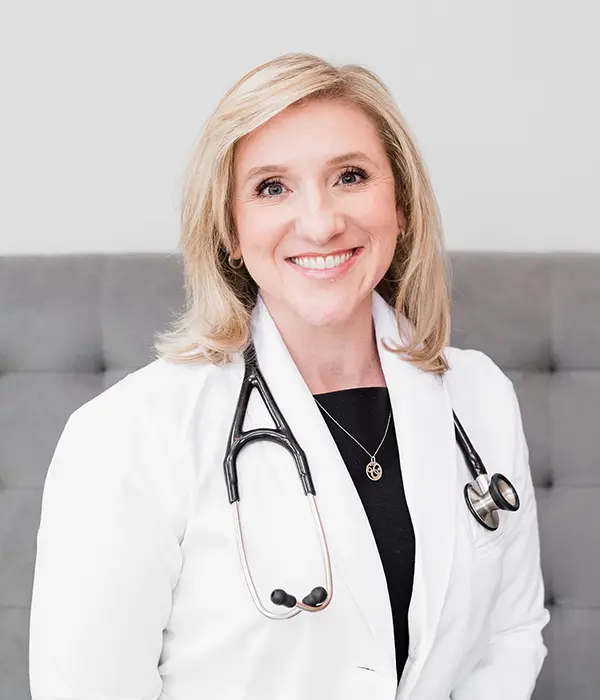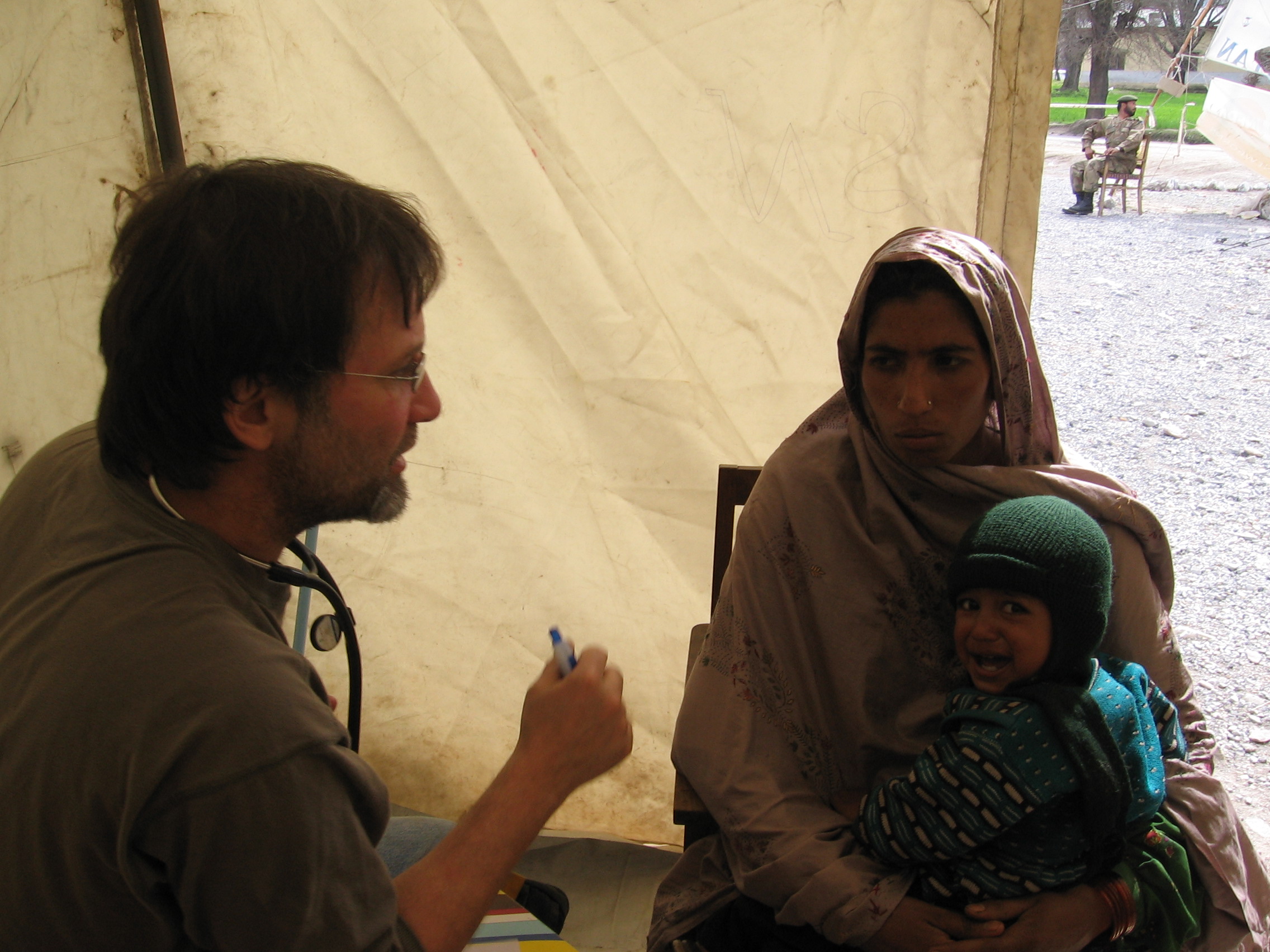PA
TagHow Advanced Care Providers Can Turn Research into Better Patient Outcomes [2025 Guide]
The United States faces a critical physician shortage of up to 86,000 doctors by 2036, creating an unprecedented challenge in healthcare delivery. In fact, with 20% of clinical physicians already over 65 and another 22% approaching retirement age,…
The Most In-Demand Specialties for NPs and PAs in 2024
As we near the end of 2024, the roles of Nurse Practitioners (NPs) and Physician Assistants (PAs) have become increasingly vital in the healthcare system. With a growing emphasis on accessible, high-quality patient care, these professionals are st…
Building Confidence and Efficiency in Patient Care: Advice for New Healthcare Providers
Recently, a student following me at our clinic remarked on how quickly I could move through patients during the day. “You see about 60 people daily, and while it doesn’t seem like you are rushing them through, I don’t think I could ever …
PROVIDER SPOTLIGHT: Aleece Fosnight, PA-C, CSC-S, CSE, NCMP
The Sexual Health Trailblazer
It is hardly an exaggeration to describe Aleece Fosnight as a trailblazer. This board-certified physician assistant is shaking things up and addressing concerns that have long been overlooked in the field of women’s …
The Stones of Yemen, Part II; The Story
Imagine for a moment you are a physician associate and have just completed your first decade in practice. While finding neurosurgery rewarding, there is still something amiss in your life, a haunting emptiness. You recognize the source of that dis…
From Physician Assistant to PA
“The word ‘assistant’ simply does not do justice to what PAs do in their practices these days,” says AAPA President Jeffrey Katz, PA-C, DFAAPA.
Physician Assistant–Friendly Legislation Boosts Pay
PAs practicing in states with a practice barrier reported lower salaries than their peers in states without that barrier.
Celebrating 50 Years of PAs This PA Week
PAs have been moving healthcare forward since 1967, and that’s definitely something worth celebrating.
Dave’s Blog: It’s Time For PA Practice In Puerto Rico
Puerto Rico is the last place that is part of the USA that does not allow PA practice. Why?
Wage Gap Between Female and Male PAs Persists
Despite 70% of PAs being female, they earn significantly less than their male counterparts, a new study has found.

![How Advanced Care Providers Can Turn Research into Better Patient Outcomes [2025 Guide]](https://blog.healthjobsnationwide.com/wp-content/uploads/2025/01/picture1.jpg)







